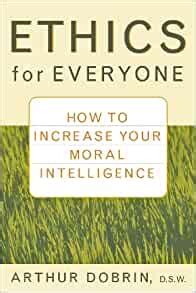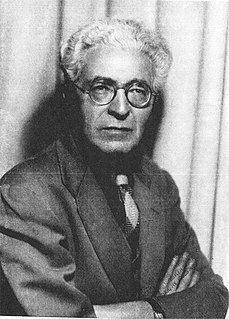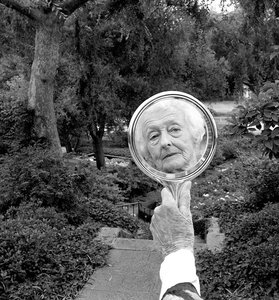A Quote by Dorianne Laux
Good writing works from a simple premise: your experience is not yours alone, but in some sense a metaphor for everyone's.
Related Quotes
At last I understood that the way over, or through this dilemma, the unease at writing about 'petty personal problems' was to recognize that nothing is personal, in the sense that it is uniquely one's own. Writing about oneself, one is writing about others, since your problems, pains, pleasures, emotions—and your extraordinary and remarkable ideas—can't be yours alone. [...] Growing up is after all only the understanding that one's unique and incredible experience is what everyone shares.
You experience life alone, you can be as intimate with another as much as you like, but there has to be always a part of you and your existence that is incommunicable; you die alone, the experience is yours alone, you might have a dozen spectators who love you, but your isolation, from birth to death, is never fully penetrated.
What you see is from outside yourself, and may come, or not, but is beyond your control. But your fear is yours, and yours alone, like your voice, or your fingers, or your memory, and therefore yours to control. If you feel powerless over your fear, you have not yet admitted that it is yours, to do with as you will.
Many biblical passages teach that we're not saved by our own efforts but by the grace of God alone. But the same passages also tell us good works are an essential evidence of the salvation experience. We're not saved by good works, but for good works. It begins with God's grace, and it's sustained by his grace as you shape your character by what you do as you cross the bridge.
Poetry is a way of being alone without feeling alone. It allows you to experience another mind, I suppose. And it does that more fully than other art forms, I think. It doesn't simply describe an experience, or a feeling, or a moment: it evokes it through, say, rhythm or tone or diction or metaphor. It creates a mood. A poem communicates before it is understood; it's not a fully paraphrasable form, which distinguishes it from other forms of writing.
When some say that good works are forbidden when we preach faith alone, it is as if I said to a sick man: "If you had health, you would have the use of all your limbs; but without health, the works of all your limbs are nothing"; and he wanted to infer that I had forbidden the works of all his limbs.
Building out a professional profile on LinkedIn certainly makes sense, and bolstering that CV with intelligent pieces of writing is also a great idea. But if you're going to take the time to create content, you should also take the time to create a home for that content that is yours and yours alone.
No, you don't have to start your play with a premise. You can start with a character or an incident, or even a simple thought. This thought or incident grows, and the story slowly unfolds itself. You have time to find your premise in the mass of your material later. The important thing is to find it.
You're supposed to be writing from experience - experience with people, with reading, seeing some homeless guy on the street and making up some story of him in your head. If you never see any of that or have those conversations or even sleep enough to have vivid dreams, then what are you writing about?






































